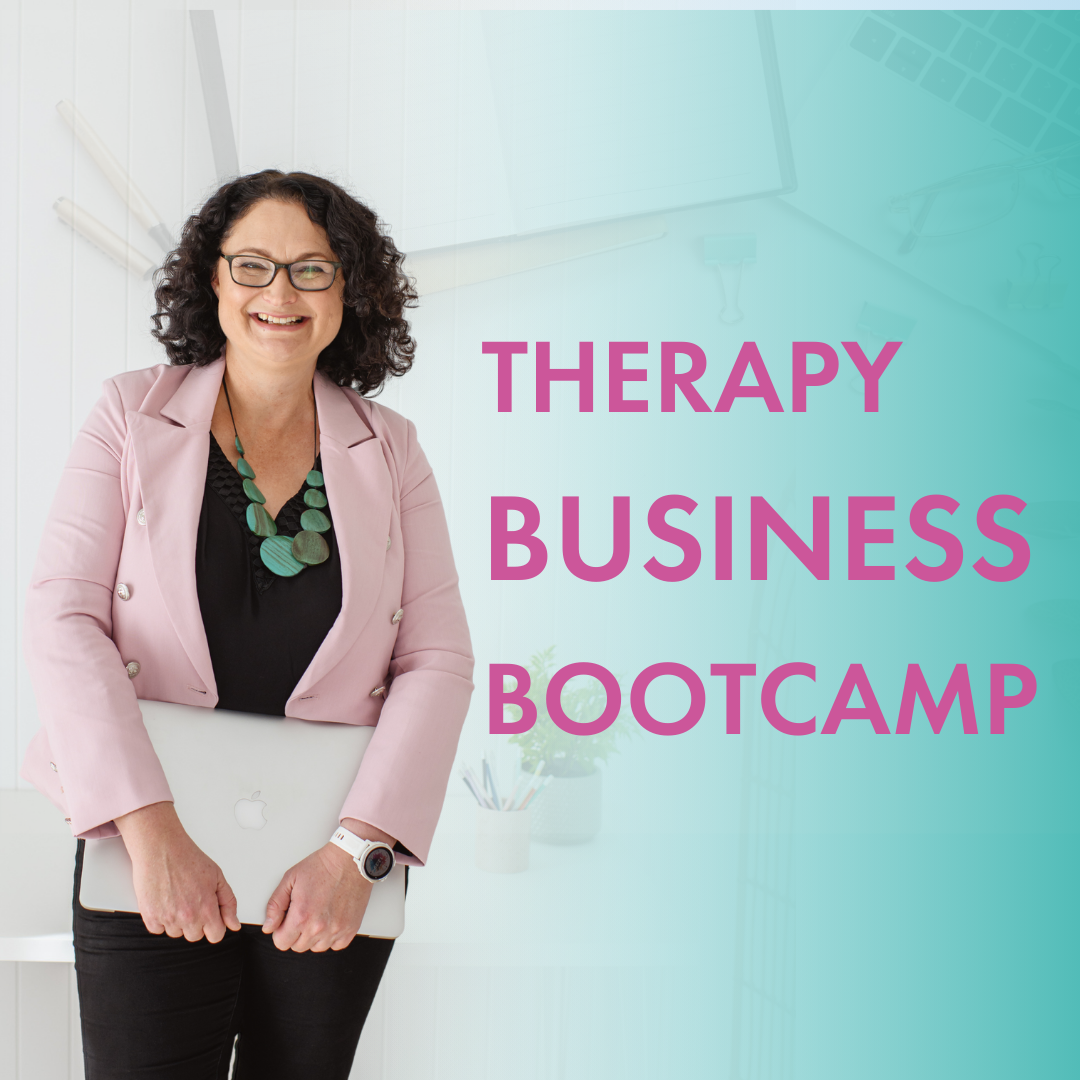If you’re thinking about starting a therapy business, you’ll know that there are many pros and cons to being your own boss.
You’ll have to work hard, probably many more hours than you would in a job. It’s up to you to bear the financial risk if things go wrong, and if you have staff, their livelihoods will depend on you, too.
But you get to choose when and how you work, and if you want to argue with the boss, you’ll need a mirror. And there are intangible advantages too, such as the satisfaction of creating a meaningful enterprise that serves or helps others.
If you’ve weighed up the pros and cons and you’ve decided this is the path for you, there are some questions you should be able to answer to clarify your goals.
Why do you want to start a therapy business?
Knowing your “why” is crucial to the ultimate success of your business. If you don’t have a strong reason in place, it will be much harder to stick it out through the tough times.
Do you want a better work/life balance? Do you desire time flexibility? Are you tired of answering to a boss? Is there a specific problem or need you want to address that no one else is?
Knowing the answers to these questions will help you to narrow down your niche, which brings us to the next question.
What do you do best?
What skills do you bring to the table? Is there some area of therapy that you do better at than others? Do you have weaknesses in some areas?
Being able to honestly answer these questions can help you to decide if running your own business is a good option for you.
Being in business takes a wide range of skills, from managing staff to keeping track of finances to marketing and planning, and that’s in addition to your primary activity!
Not everyone has every skill required for a successful business, so it’s wise to consider what you do well before you start. Hate managing finances? Then an accountant or bookkeeper might be an expense you need to factor into your budget.
Don’t have the time or the skills to create content for your website? Then perhaps a digital marketing assistant might be a good idea.
Who’s your ideal client?
Knowing your ideal client will help you find your niche as well as market yourself successfully.
You might decide that you work best with children or teens, or you might do best with a certain trauma-informed approach.
Will you focus on one or more mental health conditions? Or out-of-home care? Are there particular diagnoses that interest you or you have experience with?
Are there any other businesses or therapists offering services in the area you’re interested in? Is there enough business to go around? Or do you need to approach it from a different angle and offer something unique that no one else is doing?
Answering these questions will help you to narrow down the areas you should focus on.
Would you regret it if it failed?
It’s important to remember that starting a business is a journey and not just a destination. Many businesses don’t last the distance, but does that mean that they’ve failed? Should you see yourself in a position of failure if you can’t make it work?
Any large undertaking such as starting a business requires significant personal input and personal growth. If you can see it as part of your journey, the lessons you learned and the experiences you have along the way are not a failure or a waste.
If you know you wouldn’t regret the journey even if the business doesn’t survive, your mindset is in the right place. You’re willing to take the risk, accept the lessons that come your way, and consider it worthwhile no matter the outcome.
Think it through
Starting a business requires some careful thought. It’s not for everyone, and certainly not for the fainthearted or those who give up too soon. You have to be prepared to give it what it takes for as long as you need to, and that requires a good dose of perseverance.
That said, the rewards are sweet for those who persist, and reaching your goals is just a bonus in addition to the benefits of the journey.







